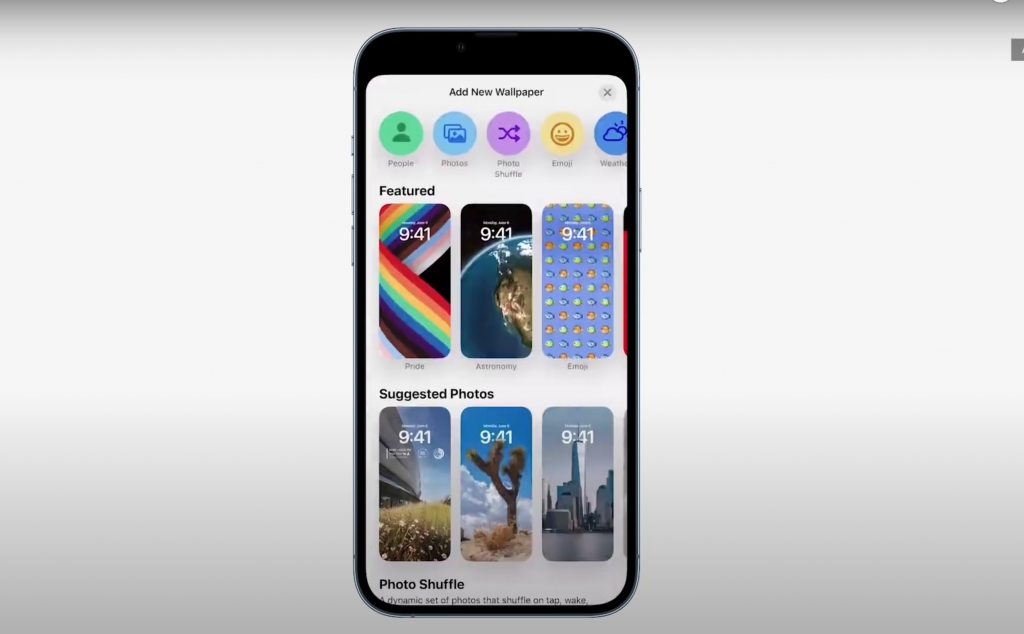Wondering what App Maintenance means? And why your company needs it? We sat down with Metova Directors of Client Services Andreas Can, and Joseph Gannon to get more detail.
Why does a mobile app need maintenance?
Can: Technology is constantly changing, each software is pushing towards the latest releases, hardware is currently updated, and even network infrastructure can change from time to time as we scale our planet to be more conducive to our technological needs. With each update we have to ensure that our mobile applications and web applications are performing properly, are up to date using the latest features in technology, and are not obsolete due to changes in the market. Maintenance is an important practice that ensures your mobile application does not go obsolete, and reduces the costs of adding features in the future, without having to update the entire application which would add additional complexity and costs to the process.
Gannon: Technology is in a constant state of iteration and continues to push forward into new horizons. If a mobile application is not maintained to comply with changes in devices, OSes and beyond, technical debt will continue to build up. An application that is not maintained over time will accumulate bugs until the end of its useful life.
If an app is properly built, won’t it not need maintenance?
Can: Even if an application is built with best practices, technology will continue to march along, causing the code, its libraries and applications, to go obsolete, or be out of date over time.
Gannon: All applications, if not maintained, will eventually become obsolete. The industry norm for software maintenance is about 15 to 20 percent per year of the original development costs. In general, maintenance of your application is just as, if not more, important than the launch. Not much different from building a home, maintenance is needed over time to prevent larger problems from happening.
How can an app be built to reduce the need to maintenance?
Can: By using best practices and the latest techniques in syntax, and leveraging the latest libraries you set yourself up for the best path in reducing the need for maintenance immediately. However eventually maintenance will be needed to improve the application as both software and hardware get updated.
Gannon: Your goal in building any application should not be to reduce maintenance costs to zero, that is impossible. “Assets require maintenance or they’ll become liabilities” and no other industry embodies that more than software. However, by utilizing best practices when it comes to the user experience and development of the initial software release, this reduces the scope of maintenance both in the short term and long.
Are there less issues in IoS vs. Android? Or what issues are unique to each respective OS?
Can: Each OS has its own unique challenges and changes in API, Tools, and criteria for mobile applications. It is important to stay up-to-date with the latest practices and criteria for your mobile application to ensure that it does not get removed by the respective app or play store’s terms and conditions, or the general code failing against newer protocols and devices.
Do appstore reviews ever inspire maintenance efforts?
Gannon: Of course, and it is a widely used development strategy. End-user development is built on a cycle of iterative releases, analyzing user feedback, developing towards that feedback, and releasing that development for additional user feedback. Appstore reviews are a critical place that provide that feedback when it comes to new feature development, altering current features and workflows, or simply fixing critical bugs that are affecting the user experience.
Can: Users typically are more engaged with an application that is up to date, this provides continuous updates to the user-base, and shows your users that you are continuously working to give them the best experience.



